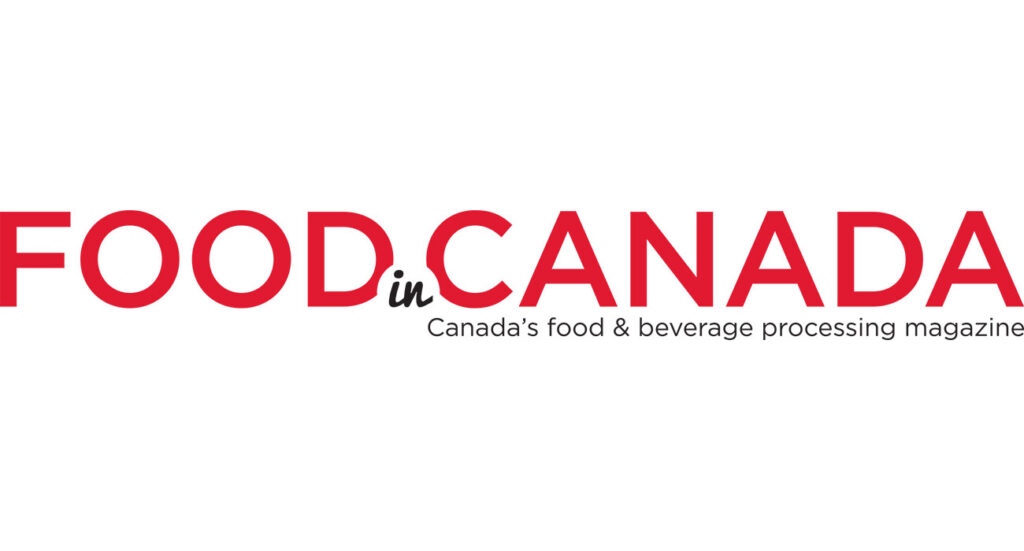Canada to pause retaliatory tariffs on some imports

The federal government announces new aid measures for Canadian businesses and entities affected by the tariff dispute between Canada and the United States. These measures include the remission of some of the countermeasure tariffs announced by Canada in response to the unjustified tariffs imposed by the U.S. on Canadian products.
The government intends to provide a temporary six-month relief for goods imported from the U.S. that are used in Canadian manufacturing, processing and food and beverage packaging, and for those used to support public health, health care, public safety, and national security objectives. The remission is offered on a time-limited basis to provide businesses and entities with additional time to adjust their supply chains and prioritize domestic sources of supply if available.
Additionally, the Large Enterprise Tariff Loan Facility (LETL), which was announced in March, is now accepting applicants. This program will support eligible large businesses that are facing difficulties in accessing traditional sources of market financing, by providing access to liquidity. This will help employers that were viable before the recent U.S. trade actions to help sustain their operations and return to financial stability. Companies will be required to make efforts to maintain jobs and sustain business activities in Canada. Those that were already involved in insolvency proceedings before this crisis will not be eligible.
“From day one, the government has reacted with strength and determination to the unjust tariffs imposed by the United States on Canadian goods. We continue to stand by Canada’s workers and businesses. Today, we’re giving Canadian companies and entities more time to adjust their supply chains and become less dependent on U.S. suppliers. This will help make our economy stronger and more resilient,” said Finance Minister François-Philippe Champagne when announcing the new measures on April 15.
To recall, on March 4, the U.S. imposed tariffs on Canadian goods under the International Emergency Economic Powers Act. Canada responded by imposing 25 per cent tariffs on $30 billion in goods imported from the U.S., including spirits, appliances, apparel, footwear, motorcycles, cosmetics, and certain pulp and paper products.
On March 12, the U.S. imposed tariffs on all steel and aluminum products. Canada responded by applying 25 per cent reciprocal tariffs on a list of steel products worth $12.6 billion and aluminum products worth $3 billion, as well as additional imported U.S. goods worth $14.2 billion, for a total of $29.8 billion. The list of additional products affected by counter tariffs includes tools, computers and servers, display monitors, sport equipment, and cast-iron products.
On April 3, U.S. tariffs of 25 per cent on Canadian automobiles came into effect. They apply to the non-U.S. content of the goods if they are CUSMA-compliant. Canada responded by imposing on April 9, 25 per cent tariffs on non-CUSMA compliant U.S.-made vehicles, and on the non-Canadian and non-Mexican content of CUSMA compliant U.S.-made vehicles.
Following the initial imposition of Canadian surtaxes on March 4, the federal government outlined a framework for exceptional relief from Canada’s retaliatory surtaxes. The framework outlines the conditions under which the government will consider providing relief, including:
- to address situations where goods used as inputs cannot be sourced domestically, either on a national or regional basis, or reasonably from non-U.S. sources; and
- to address, on a case-by-case basis, other exceptional circumstances that could have severe adverse impacts on the Canadian economy.
Source: www.foodincanada.com

